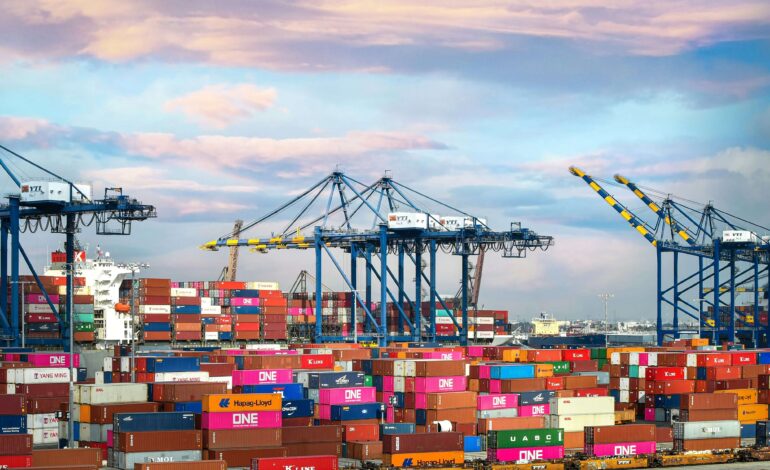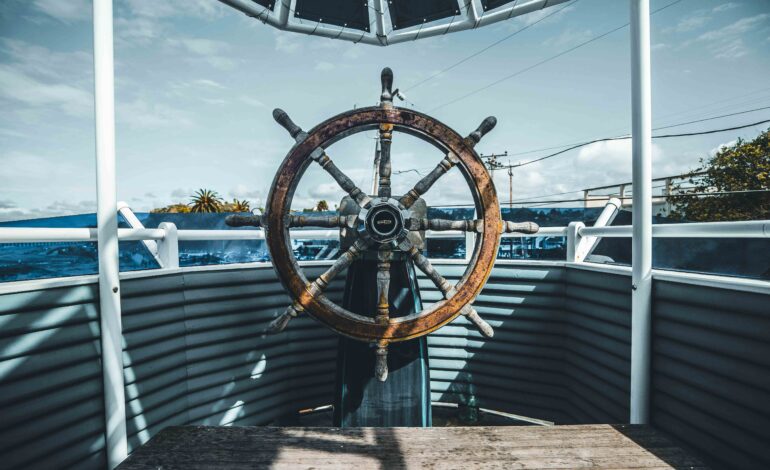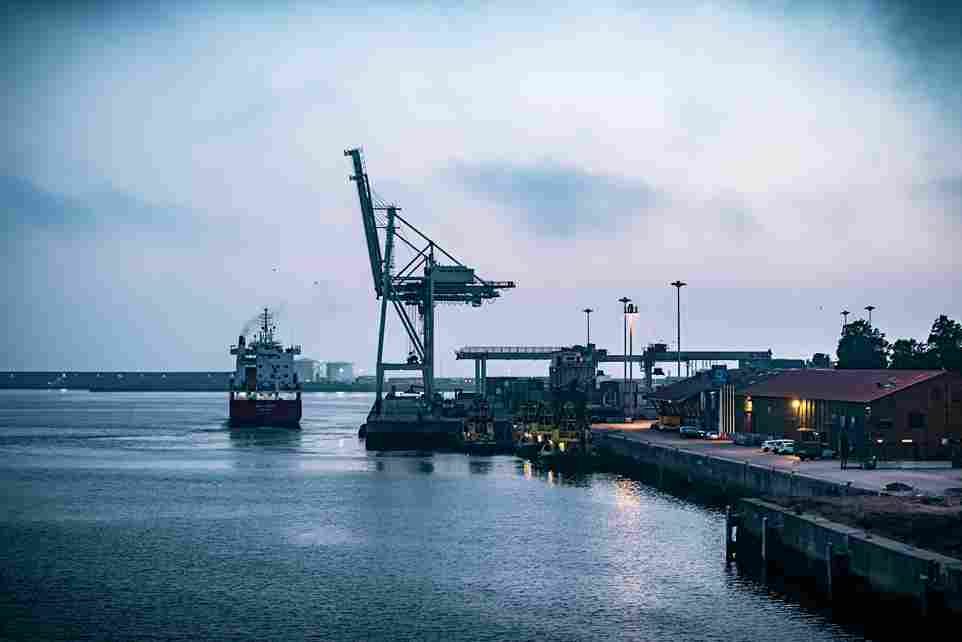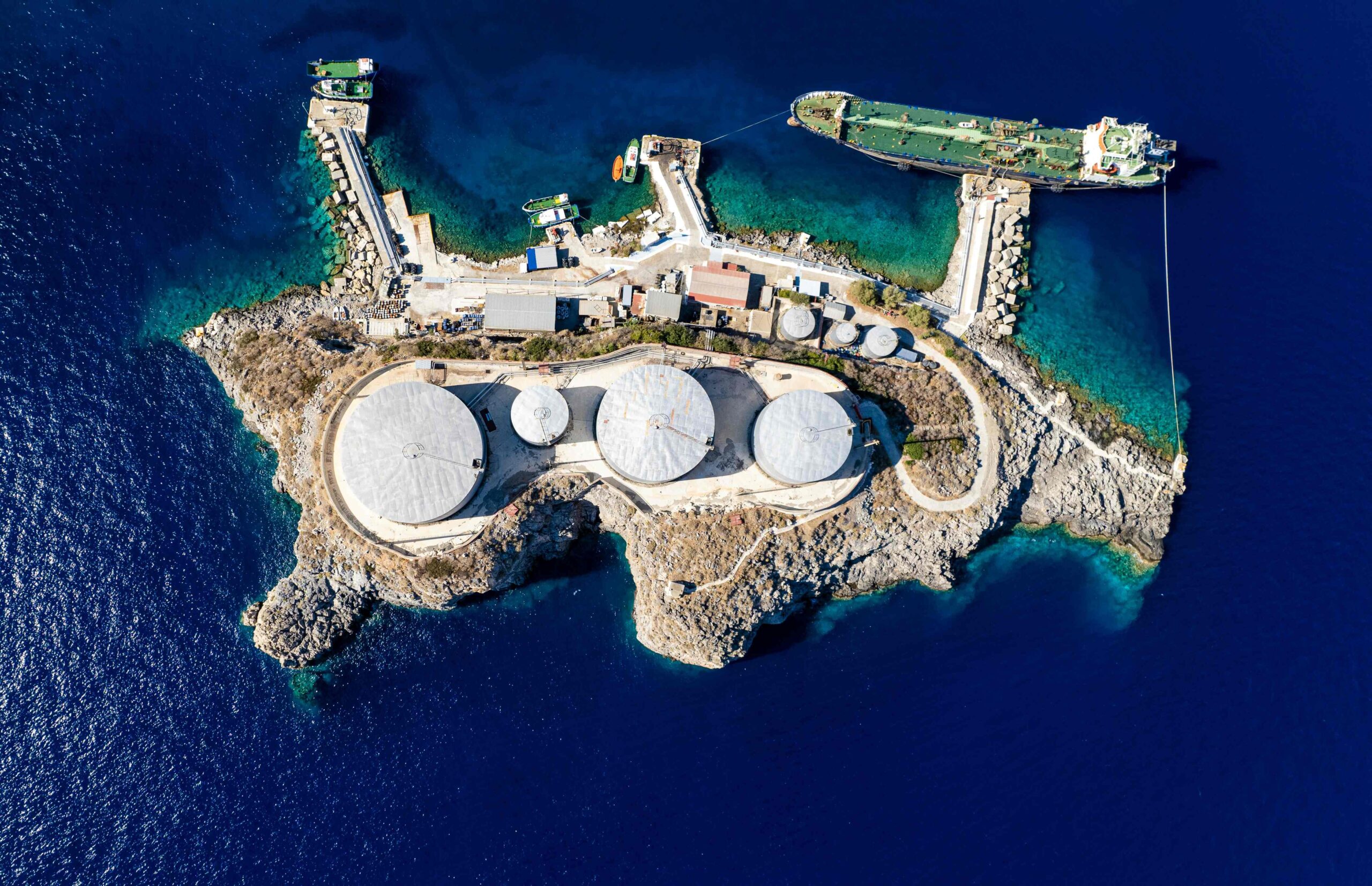
Bunker Fuel Supply Chain and Logistics: Ensuring Efficiency and Reliability
Bunker fuel stands as the essential energy source for maritime shipping, powering vessels that traverse the world’s oceans with goods essential for global trade. The intricate supply chain and logistics of bunker fuel distribution play a crucial role in ensuring its effective delivery to ships, thereby supporting economic connectivity on a global scale.
Understanding the Bunker Fuel Supply Chain
The journey of bunker fuel begins with its production and refining processes. Derived primarily from crude oil during refining, bunker fuel undergoes separation from other petroleum products. Once refined, it is stored in tanks at refineries or dedicated terminals near ports, awaiting distribution.
Transporting bunker fuel from storage facilities to ports involves various means such as pipelines, barges, or tanker trucks. Ports serve as pivotal hubs where ships refuel before embarking on their voyages. Managed by bunker fuel suppliers, port operations are meticulously coordinated to deliver fuel efficiently and promptly to ships.
Logistics in Bunker Fuel Delivery
The logistics of delivering bunker fuel are tailored to meet the specific needs of maritime vessels. Large tankers and container ships, which require substantial fuel quantities, typically receive deliveries via specialized bunker barges or from dedicated fueling stations within ports. Smaller vessels may receive direct deliveries from trucks docked alongside.
Efficiency in bunker fuel logistics is paramount to minimize downtime for ships. Close coordination between ports and fuel suppliers ensures that deliveries align precisely with ship schedules, optimizing refueling operations without disrupting vessel operations. This synchronized approach supports the continuous flow of global maritime trade.
Ensuring Quality and Compliance
Maintaining bunker fuel quality and compliance throughout the supply chain is critical. Bunker fuel suppliers adhere rigorously to international standards like ISO 8217, which specify requirements for fuel characteristics including viscosity, density, sulfur content, and other parameters. Stringent quality control measures involve regular testing and certification to ensure adherence to these standards before fuel is delivered to ships.
In addition to quality, compliance with environmental regulations is a top priority. Regulations like the IMO 2020 sulfur cap enforce strict limits on sulfur content in marine fuels to reduce sulfur oxide (SOx) emissions. Suppliers must provide low-sulfur fuels such as Very Low Sulfur Fuel Oil (VLSFO) or ensure ships are equipped with scrubbers to meet these regulations.
Challenges and Innovations
The bunker fuel supply chain faces several challenges, including price fluctuations, logistical complexities in port operations, and the transition to cleaner fuels. Compliance with IMO regulations has driven investments in new infrastructure and technologies to produce and distribute compliant fuels efficiently.
Technological advancements such as digitalization and automation are revolutionizing bunker fuel logistics. Digital platforms enable real-time monitoring of fuel inventories, demand forecasting, and optimized delivery scheduling, enhancing operational efficiency and transparency. Automation in fueling processes, including robotic arms and automated management systems, minimizes errors and enhances safety during fuel transfer operations.
Looking Ahead
The future of the bunker fuel supply chain is shaped by ongoing advancements in technology, regulatory frameworks, and sustainability initiatives. The industry is exploring alternative fuels like liquefied natural gas (LNG), hydrogen, and biofuels to reduce greenhouse gas emissions and environmental impact.
Furthermore, the adoption of green technologies such as shore power and hybrid propulsion systems in ports aims to further reduce emissions from ships during layovers. These developments underscore the industry’s commitment to improving fuel efficiency, reducing environmental footprint, and ensuring the long-term sustainability of global maritime transportation.
Conclusion
The bunker fuel supply chain and logistics are fundamental to global maritime trade, enabling the efficient and reliable operation of ships worldwide. By ensuring the timely delivery of high-quality fuel that meets regulatory standards, the supply chain supports seamless movement of goods and commodities across oceans. As the industry evolves, innovations in technology and sustainability will continue to drive advancements in bunker fuel logistics, fostering a more efficient and environmentally responsible maritime sector for the future.





